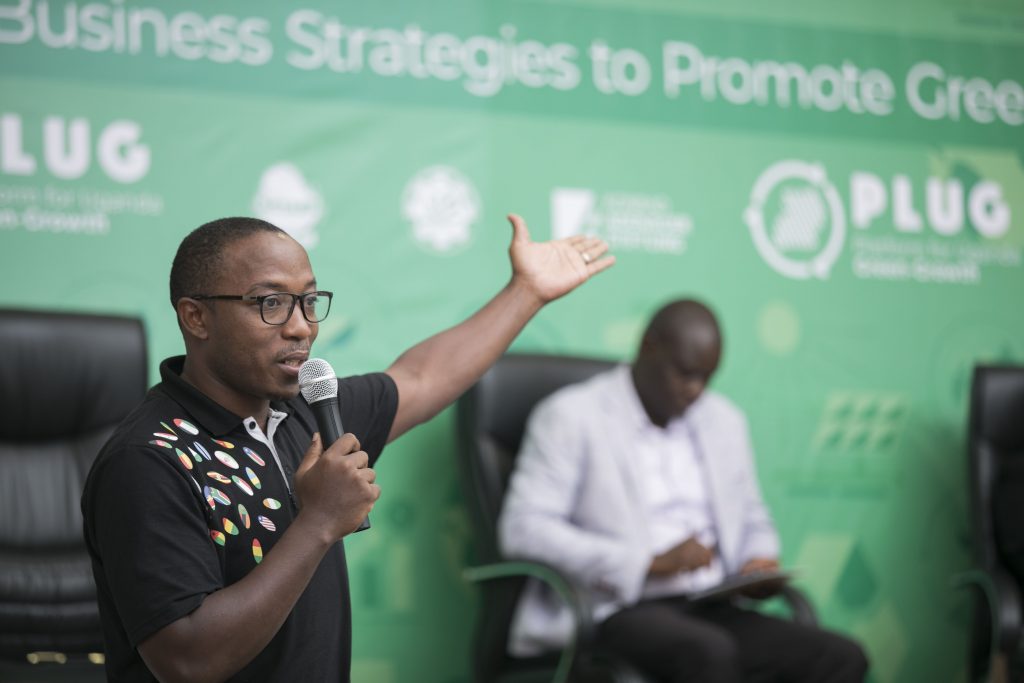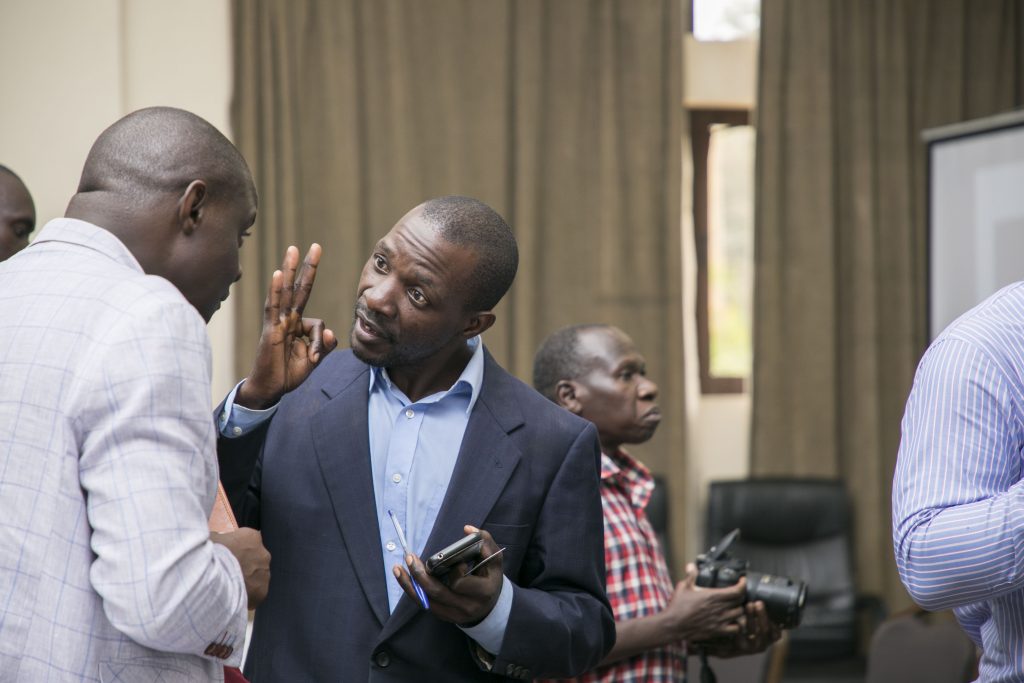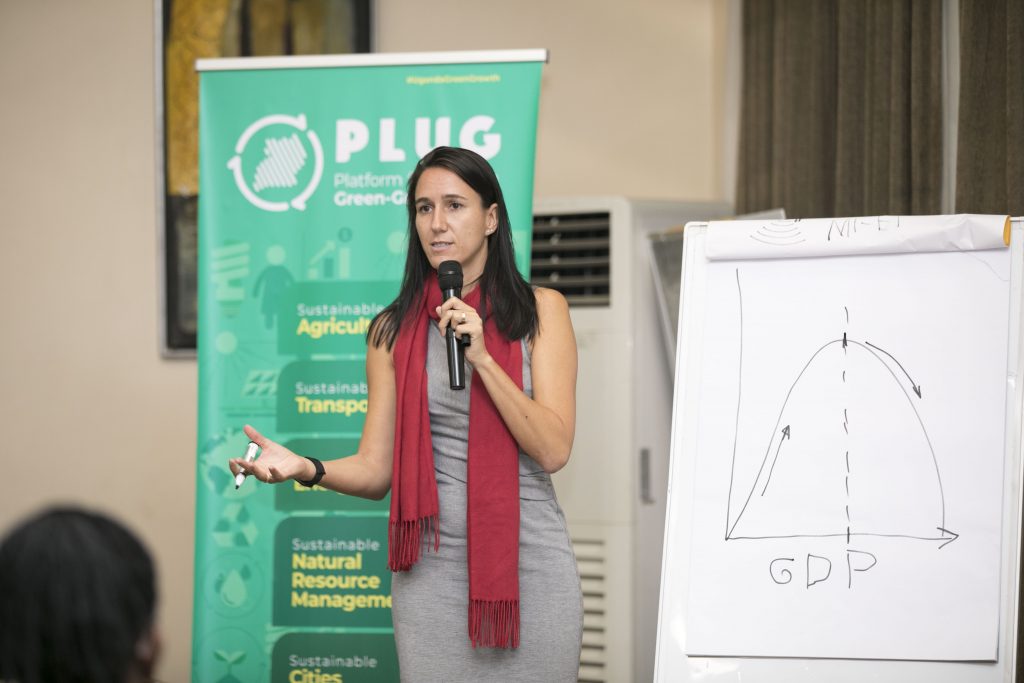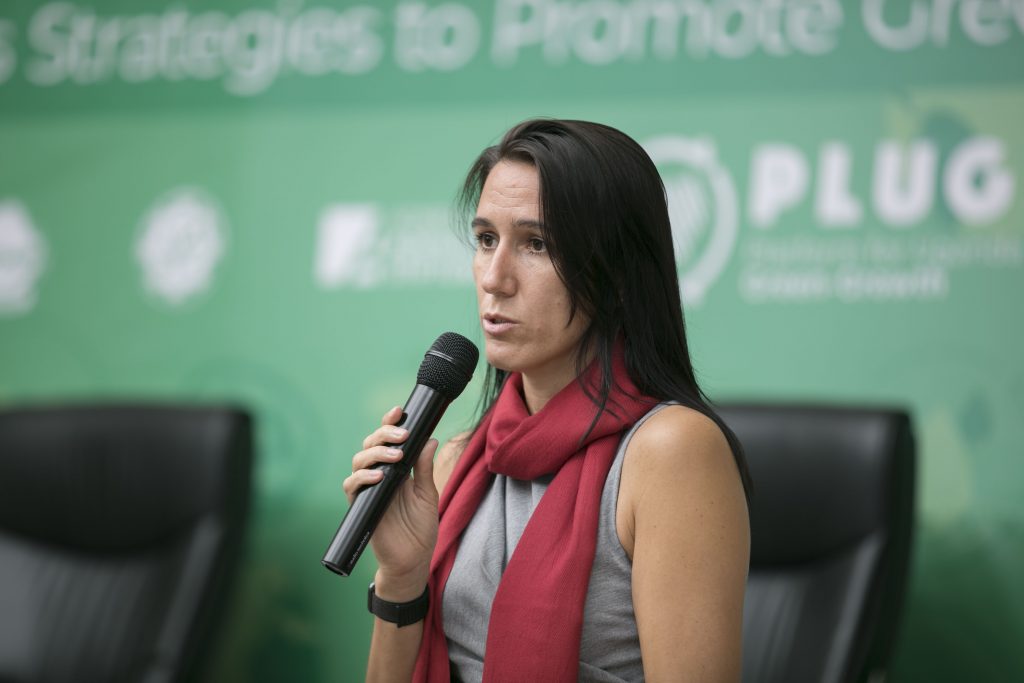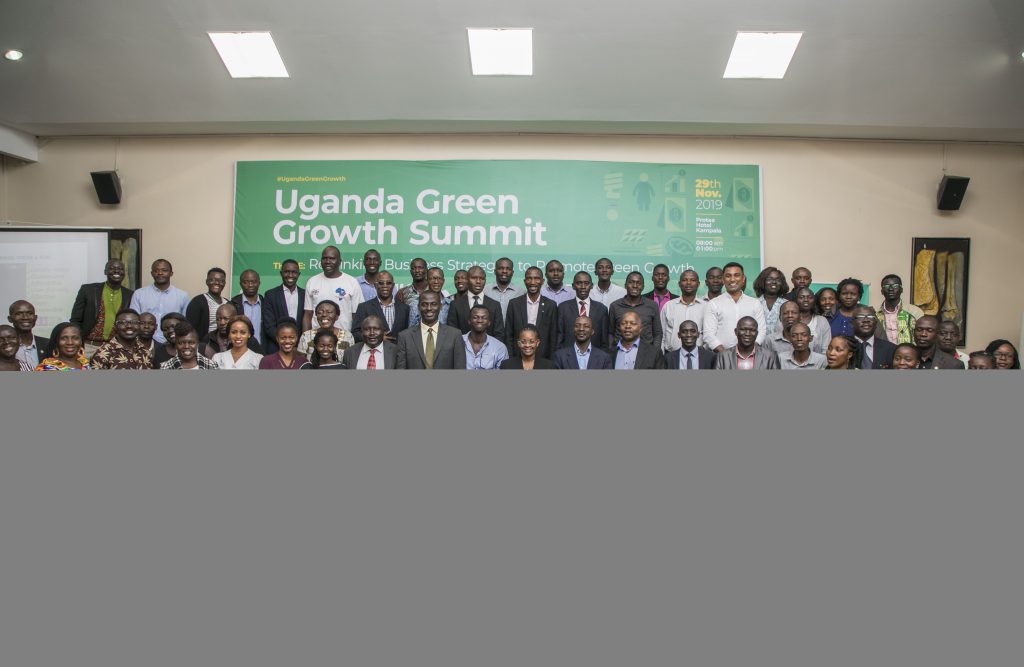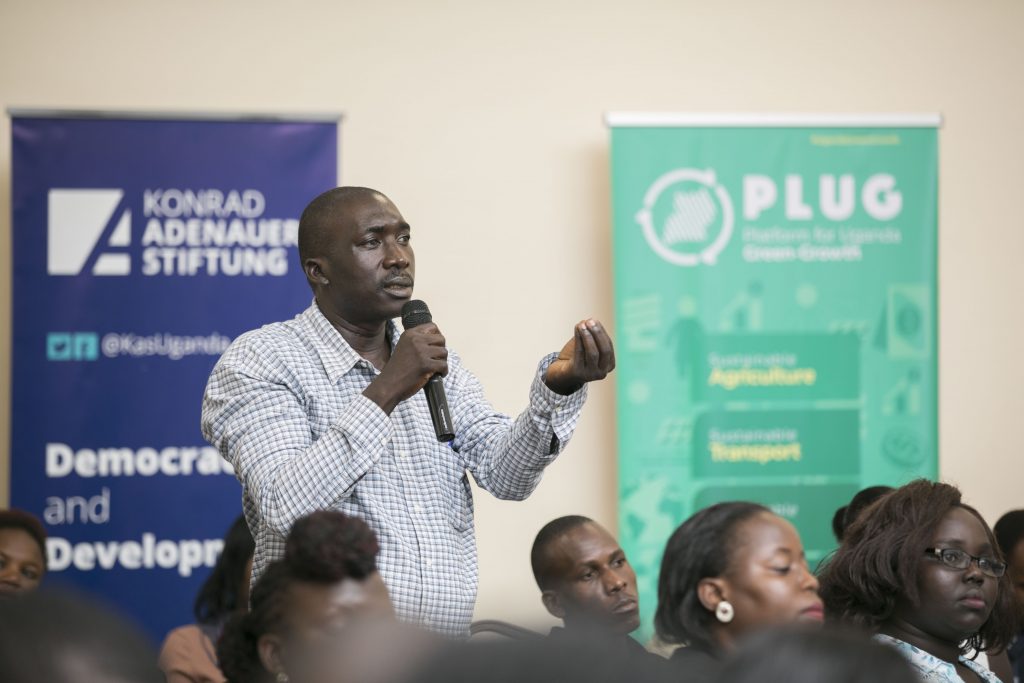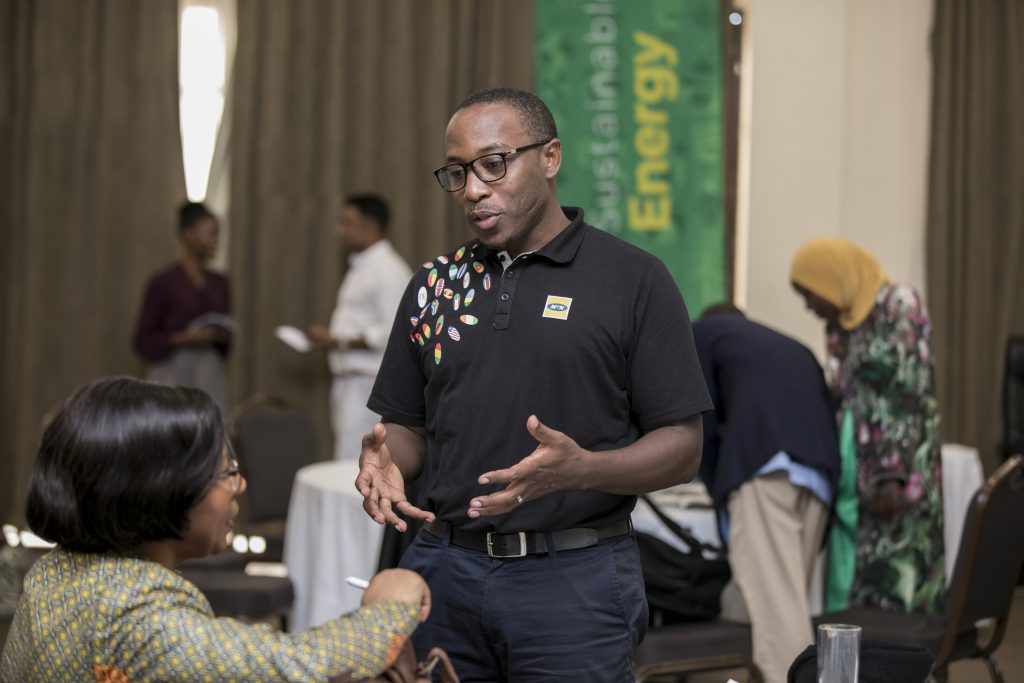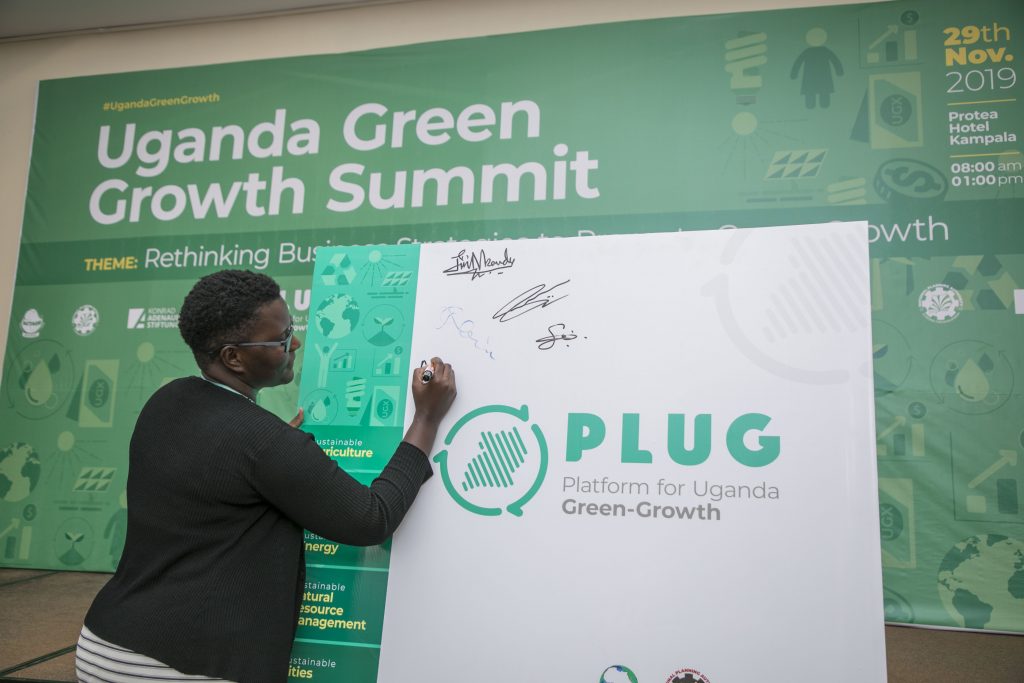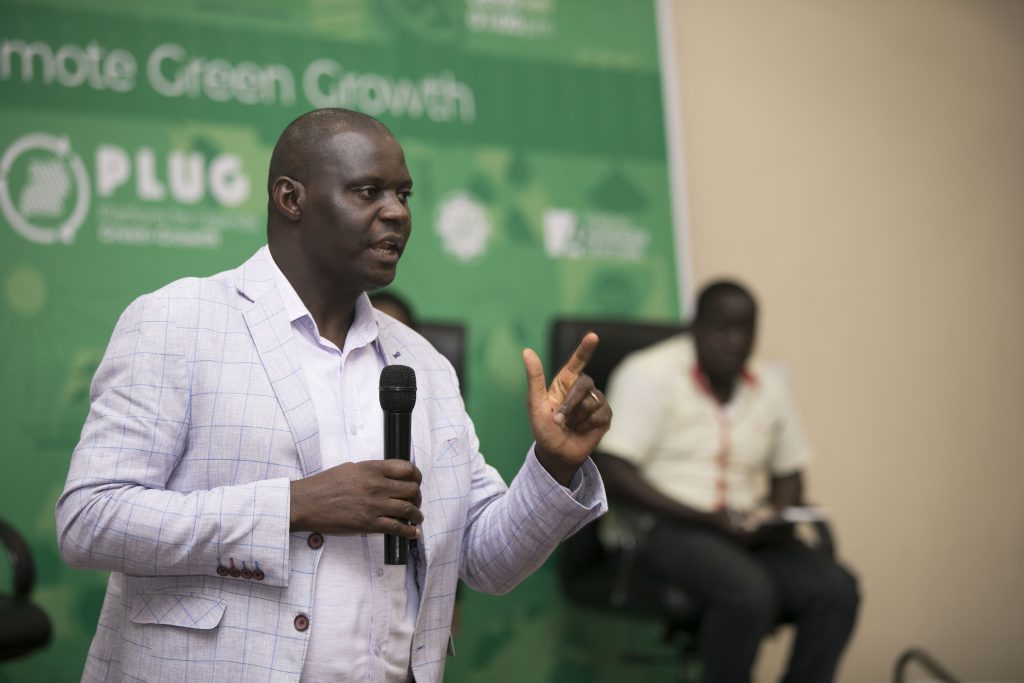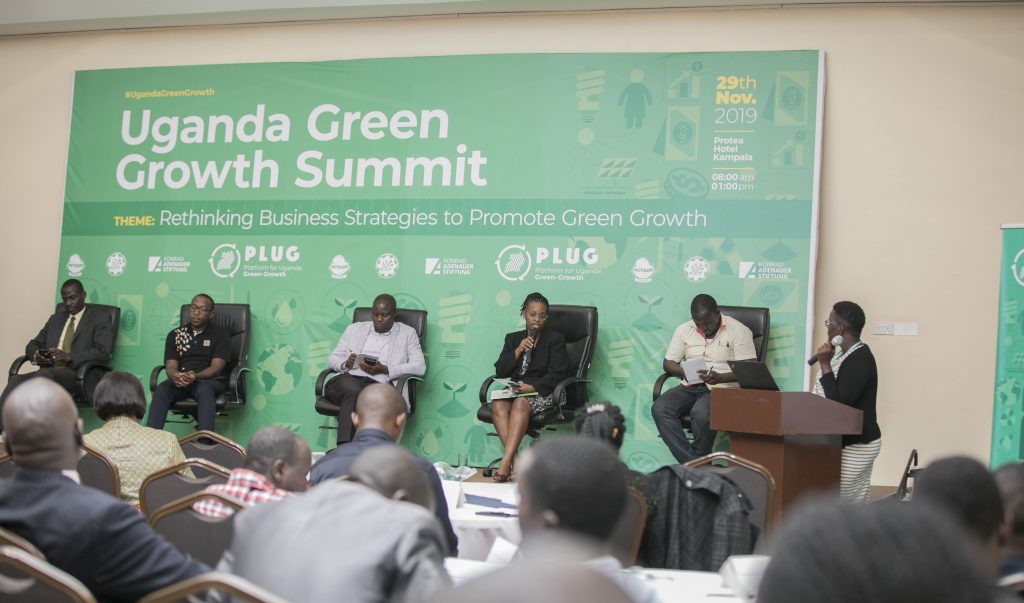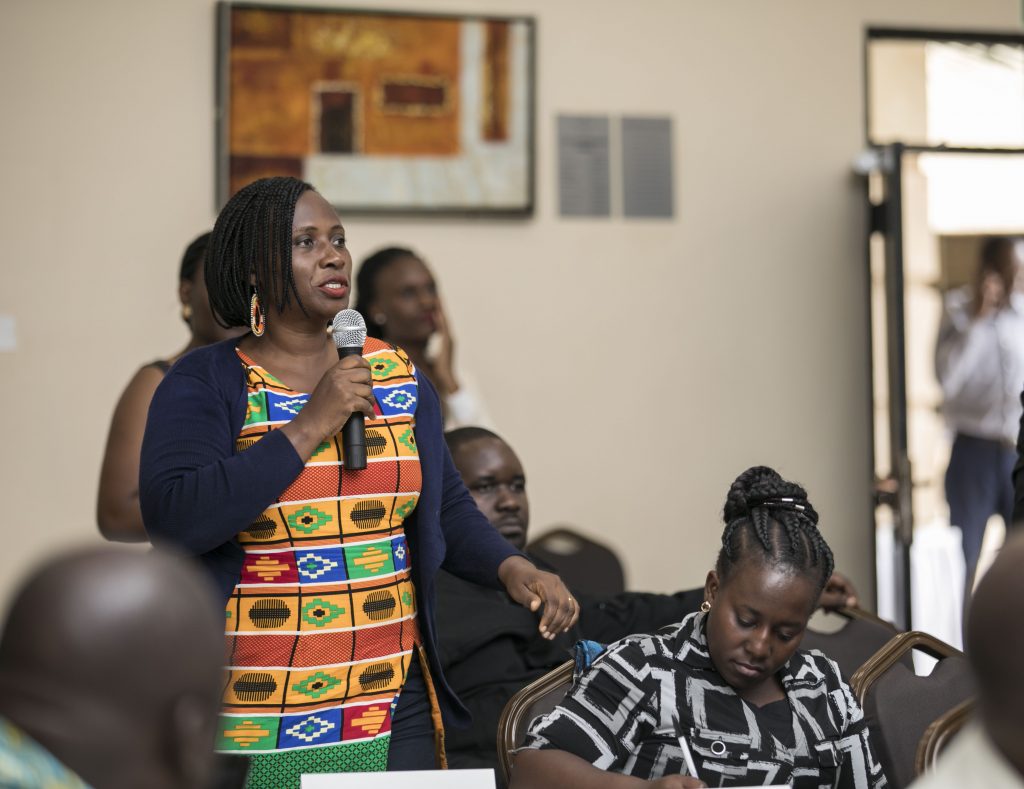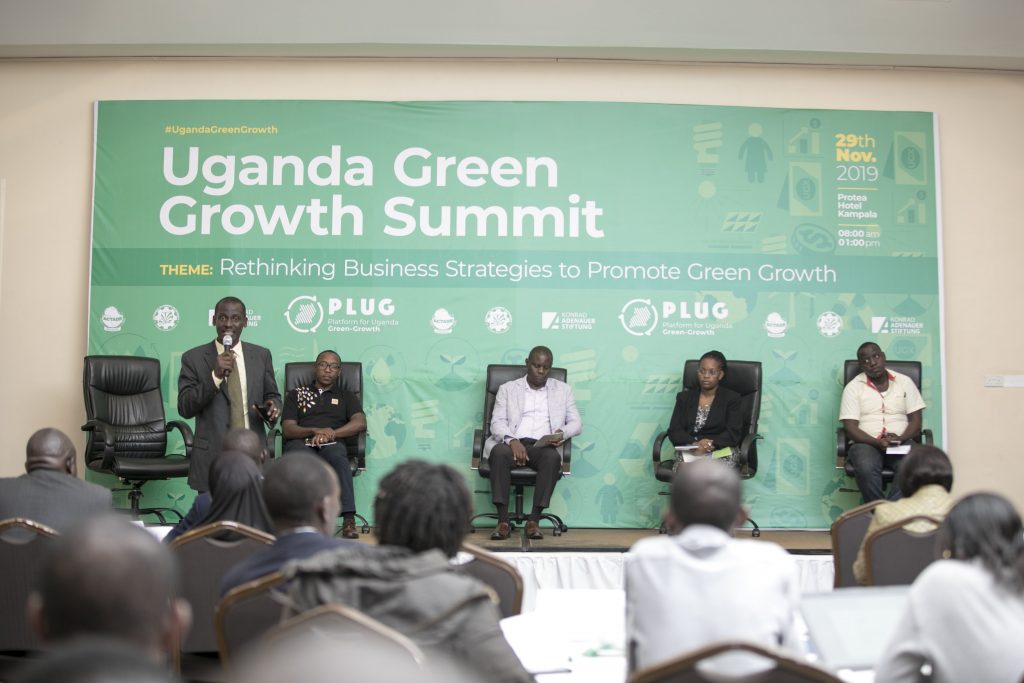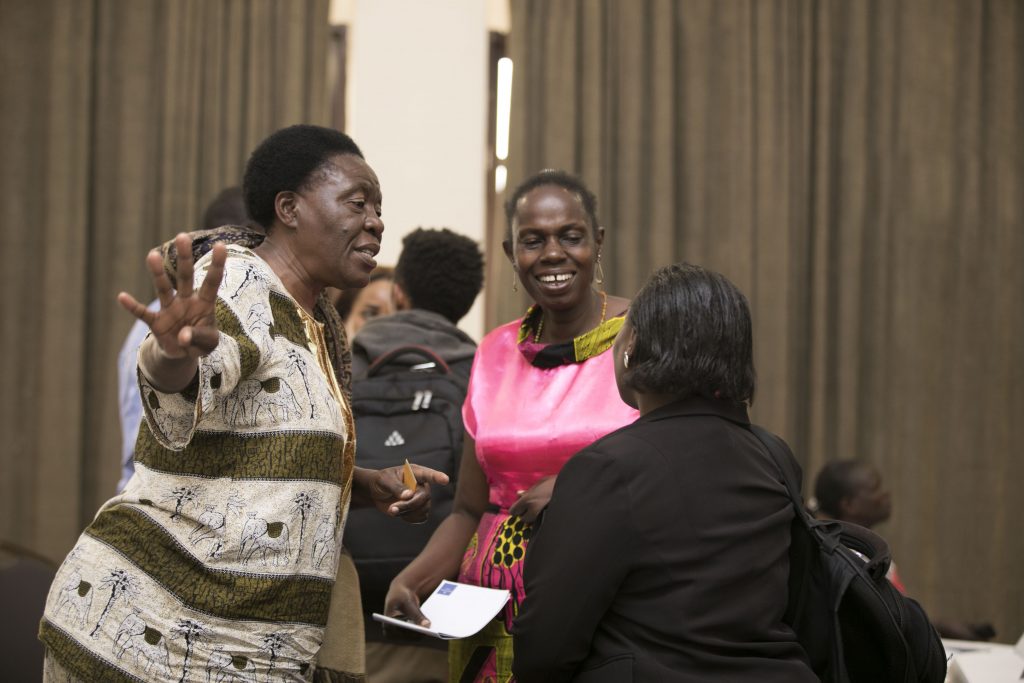Uganda launched its National Green Growth Development Strategy in 2017 to guide investments informed by green growth principles. The strategy focuses on five priority areas for the period 2071/18- 2030/31. These are sustainable agriculture, natural capital management, green cities, sustainable transport and energy for a green economy.
ACTADE together with its partners, Konrad Adenauer Stiftung organised the first green growth summit in November 2019. The event hosted representatives from the academia, government, private sector and non-governmental organisations to demystify green growth, with a theme of re-thinking business strategies to promote green growth.
Mr. Ronald Kaggwa of the National Planning Authority explained that green growth is anchored in the United Nations Conference on the Environment held in Rio de Janerio in 1992, and is fully integrated in the Sustainable Development Goals. It is an inclusive low emissions economic growth pathway that emphasizes effective and efficient use of the country’s natural, human, and physical capital while ensuring that natural assets continue to provide for present and future generations. Green growth focuses simultaneously on the 3Ps; Prosperity for the People and Planet.
He called on the private sector to invest in green growth for example by turning waste to energy. Other opportunities exist in the blue economy such as investments in water transport to reduce traffic jam; forestry by adding value to the herbal industry; and green cities to improve the quality of life of inhabitants.
In her key insight note, Ms. Dagmar Zwebe, the Country Director of the Global Green Growth Institute in Uganda, explained that climate action and the transition to a low carbon economy is central to the green growth agenda. It provides an integrated approach to deliver economic development, climate resilience and environmental protection simultaneously.
Policy makers can measure green growth performance with a Green Growth Index to inform decision making. Indicators include greenhouse gas emission reduction; creation of green jobs; increased access to sustainable services (clean affordable energy, improved sanitation, sustainable waste management, and sustainable public transport); improved air quality; natural capital protection and enhanced adaptation to climate change.
Uganda was ranked 6th out of 23 African countries in a recent Green Growth Index, suggesting that Uganda is ahead of many in Sub-Saharan Africa. Nonetheless, a lot needs to be done.
Greening agriculture
Mr. Joseph Nkandu of the National Union of Coffee Agribusinesses and Farm Enterprises issued a critical call to those involved in agricultural production, to do so the green way. Giving coffee as an example, he emphasized the need to analyze the value chains and embrace the idea of green growth at each stage of the value chain. Going green comes with challenges but these can be overcome by working in partnerships and taking advantage of the increasingly available finance and insurance.
Greening industrial processes
Mr. Peter Ssekajja of the Uganda Cleaner Production Centre called on Small and Medium Enterprises (SMEs) to move away from a linear production systems model. This model involves extraction of materials, processing and disposal of generated waste. Through their work, at least 60 SMEs assessed, 45 symbiotic synergies were developed that resulted in exchange of 67,309 tons of waste. The companies were able to save USD 351,691 on waste disposal/yr and eliminate Carbon dioxide emissions amounting to 320tones/year. From the exchanged wastes, 18 new products were developed and 303 green jobs were created. Greening processes has to be intentional, supported with technical assistance such as chemical leasing models.
Mr Michael Senteza of the Uganda Small Scale Industries Association noted that small scale industrialists, many of which are in the informal sector, need information to support a change in the way they do things. “There is need for innovations because the technologies used are inefficient. In order to entrench the green growth message, there is need to look at the people who are going into the future – the youth. Mind-set change will be faster with this category of people”, he observed.
Greening tourism
Ms. Gloria Tumwesigye of the Association of Uganda Tour Operators pointed out that greening tourism, which involves efficiency improvements in energy, water and waste systems, can reinforce the employment potential of the sector with increased local hiring & sourcing; and stimulate growth in tourism oriented towards local culture and the natural environment. Much of the economic potential for green tourism is found in small and SMEs), which need better access to finance for investing in green tourism.
Digitizing processes
Mr. Bryan Mbasa of MTN Uganda, a telecommunications company shared the need to create value for communities in a sustainable manner. In 2012, the company started re-thinking its strategy guided by the question: how sustainable is giving when it is washed away? As a result, the company has invested heavily in mobile money – which creates value to farmers for example, as they digitize their processes.
Participants shared their own green investments experiences including in clean energy and waste management. Access to finance to grow green enterprises, coupled with poor uptake of innovations e.g briquettes, were some of the major bottlenecks discussed. There was a strong call for partnerships to support the transition into a green economy, faster.

